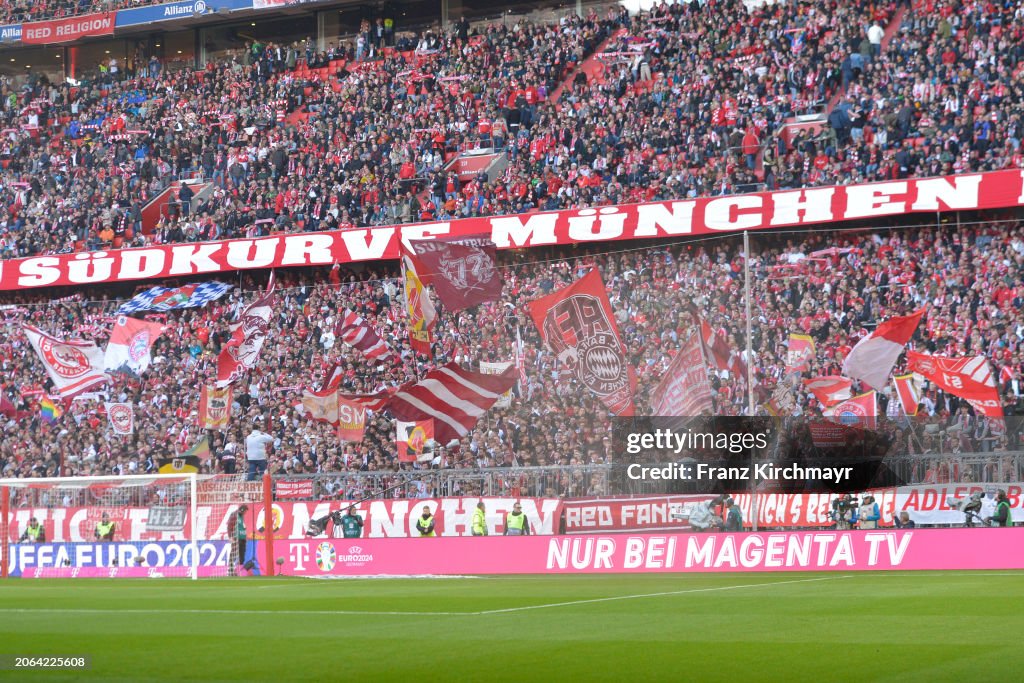Due to their behavior in the first leg of the round of 16 against Lazio.

The sanction imposed on Bayern Munich by UEFA, which prohibits the club's fans from attending the away leg of the Champions League quarter-finals, underscores the strict stance European football's governing body is taking against fan misconduct at matches.
This decision comes in the wake of disturbing incidents during Bayern's away match against Lazio in Italy, where a section of the Bavarian club's supporters engaged in dangerous activities, including igniting and throwing pyrotechnics onto the pitch. Such actions not only breached UEFA's safety regulations but also put the safety of players, officials, and spectators at risk.
Bayern Munich, a club with a storied history in European football, has been compelled to accept the consequences of its supporters' actions. The club's decision not to appeal the punishment is indicative of a recognition of the severity of the violations and an acknowledgment of the need for discipline and adherence to UEFA's conduct codes. Jan-Christian Dreesen, Bayern's CEO, expressed the club's stance in a statement that highlighted the direct threat these actions posed and pointed out the futility of appealing against what was seen as a clear-cut violation of UEFA's probationary conditions.
The repercussions of this sanction extend beyond the immediate absence of Bayern fans in the stands for a crucial away match. It signals to clubs and fans across Europe the importance of maintaining decorum and respecting safety guidelines at international fixtures. The incident serves as a stark reminder of the collective responsibility of clubs and their supporters to foster a safe and enjoyable environment at football matches, one that respects the spirit of sportsmanship and the welfare of all involved.
For Bayern Munich, the absence of fan support in the away leg of the Champions League quarter-finals presents a challenge to the team, potentially affecting the players' morale and the atmospheric advantage usually provided by their traveling supporters. However, it also serves as a moment for reflection and potentially a catalyst for initiatives aimed at preventing such incidents in the future. Football clubs are increasingly aware of the influential role they play in shaping fan behavior, both directly and indirectly, through community engagement, education, and clear communication of the consequences of misconduct.
As the Bavarian club moves forward, addressing this setback and preparing for their upcoming European fixture, the broader football community will likely observe how this sanction impacts fan behavior not only at Bayern Munich but across clubs participating in UEFA competitions. This incident, while unfortunate, offers an opportunity for all stakeholders in football to reinforce the values of respect, safety, and sportsmanship that are vital to the game's integrity and its enjoyment by fans worldwide.